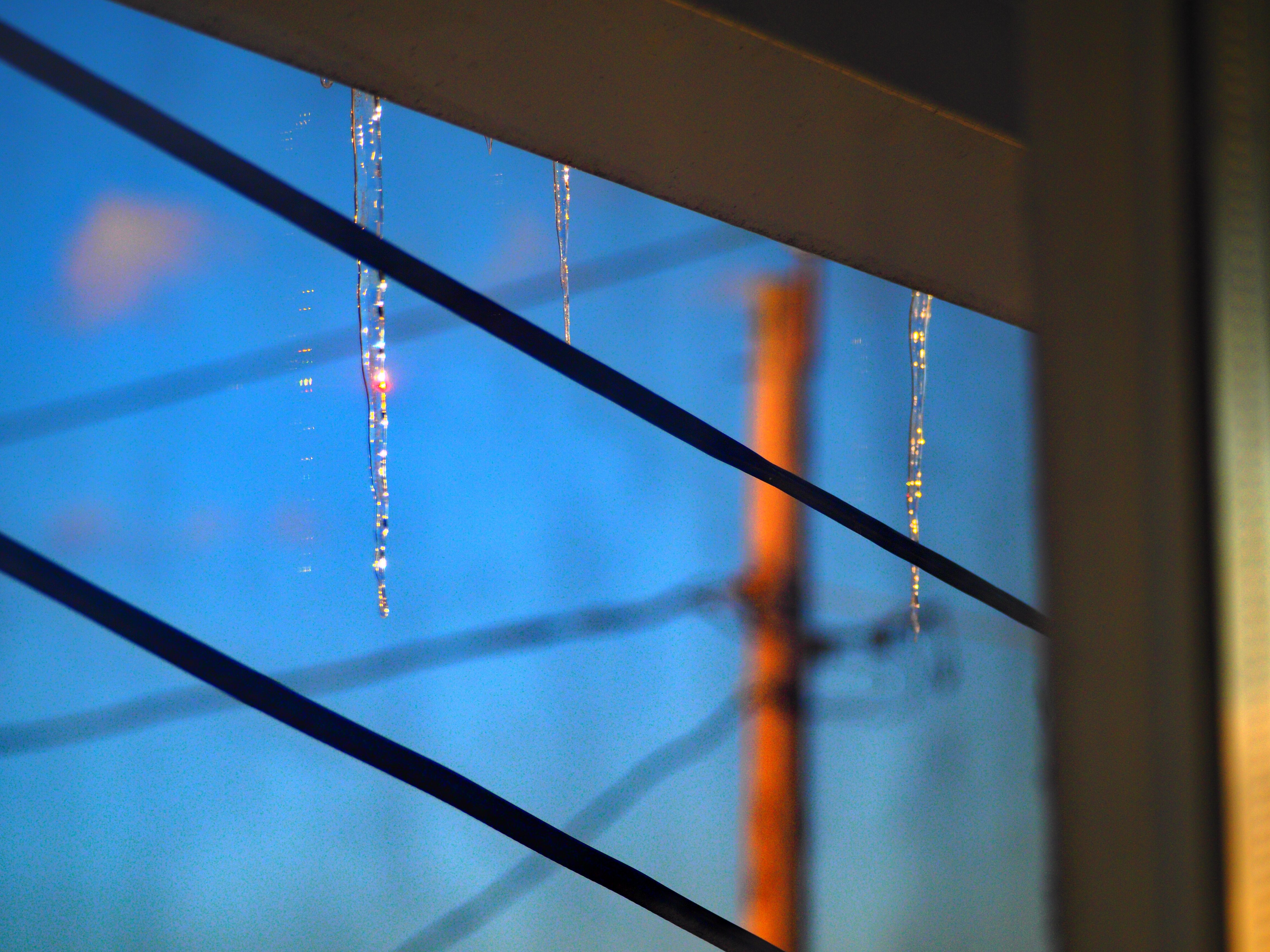-
Posts
44,789 -
Joined
Content Type
Profiles
Blogs
Forums
American Weather
Media Demo
Store
Gallery
Everything posted by LibertyBell
-
I'm glad they took my suggestion seriously, some of the people in that subforum need to be gagged and tied up for a few years.
-
found this, it's quite interesting https://www.nyhistory.org/blogs/a-word-about-the-weather Meteorology record of George Hodgsden, showing the coldest daylight temperatures ever recorded in new York City on January 10, 1859. Hodgsden Weather Diary, MS 1828 According to the Encyclopedia of New York, merchant William Laight and his son Henry were the first to maintain an extended record of New York weather, beginning in 1788. The Society has the weather diaries of Henry, covering 1795-1803 and 1816-1822, noting the temperature, wind, precipitation and/or clouds, lunar phase and a brief entry about the day’s events. Similar data were recorded by a variety of people, including farmers, seamen, and military officers, and for any number of reasons, as shown by the “Thermometrical Observations” kept by George B. Hodgsden, secretary for the Knickerbocker Fire Insurance Co. In that diary is recorded the coldest month on record, January 1857, and the coldest daytime temperature on January 10, 1859, during which the mercury remained below zero the entire day. By the second half of the nineteenth century, numerous organizations were keeping records, among them was Dr. Daniel Draper, who organized the New York Meteorological Observatory in 1869. Although Central Park’s meteorological observations have long been associated with Belvedere Castle, the NYMO first headquartered at the Arsenal. “New York State Arsenal”, the first home to the New York Meteorological Observatory. Manual of the Corporation of the City of New York. The Council: New York, 1850. An interesting side story is an 1825 New York State law requiring academies accredited by the Regents of the University of the State of New York to report meteorological observations to the Regents. Those data were subsequently compiled and made publicly available through publication, such as in the volume shown below. The practice is also demonstrated by neatly-kept volumes that appear in the records of Brooklyn’s Erasmus Hall High School. Results of a Series of Meteorological Observations… Albany: Weed Parson & Company, 1855. Erasmus Hall High School Records, MS 201
-
wow thanks Chris, maybe these go in cycles too-- there was a cluster in the 60s and another one in the late 70s. But only one in the 80s and then none at all for 16 years until 2001! I'm surprised we didn't have any at all in the 90s considering how snowy it was in 93-94 and 95-96!! None in the 00s after 2001 either, I'm shocked we didn't have any between 02-03 and 04-05!! Early 10s had another cluster and then of course the one associated with the big blizzard in January 2016. February 2021-- was that the one associated with the Groundhogs Day snowstorm? So this strong block can have lingering effects with more snowstorm possibilities right to the end of February before the pattern changes in early March? From the above list-- big snowstorms associated with big blocks since 1960: February 1969 February 1978 December 2009 February 2010 (multiple) December 2010 January 2016 February 2021 From the above list-- big arctic outbreaks associated with big blocks since 1960 February 1963 January 1977 January 1985 I added February 1963 after I read this https://thestarryeye.typepad.com/weather/2013/01/baby-its-cold-outside-a-history-of-single-digit-temperatures-in-new-york-city Temperatures of zero or below have been reported just eleven times since 1970, with the coldest reading of 2° below zero occurring on three occasions: Jan. 17, 1977; Jan. 21, 1985; and Jan. 19, 1994. There has been just one sub-zero reading this century and it occurred during the mild winter of 2016, when the mercury dropped to -1° on Valentine's Day. Not only was it a record for the date, it was also the first below zero reading since 1994, the first to occur in February since 1963, and the latest date for a sub-zero reading since 1934.
-
we have another chance at a snowstorm at the end of February.
-
that was an unreal 1800s kind of winter
-
it's perfect the heaviest snow will be falling during the day Thursday with temperatures in the 20s and the winds gusting up to 50 mph! On the Euro, the only mixing issues I saw were south of Atlantic City and east of Riverhead. I said *mixing issues* because although it looks like the mix line will get as far north as Toms River and as far west as Fire Island, it doesn't cause lowering of snowfall totals until you're south of Atlantic City or east of Riverhead. 24 hour blizzard Midnight Thursday to Midnight Friday.





